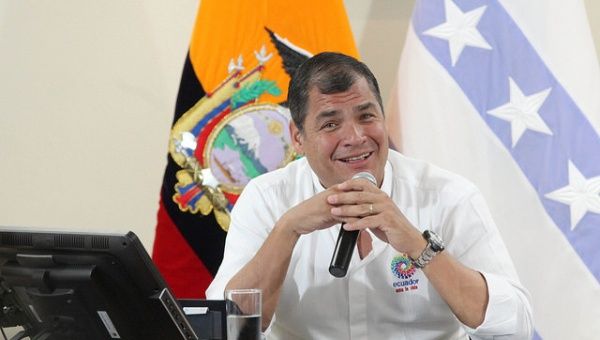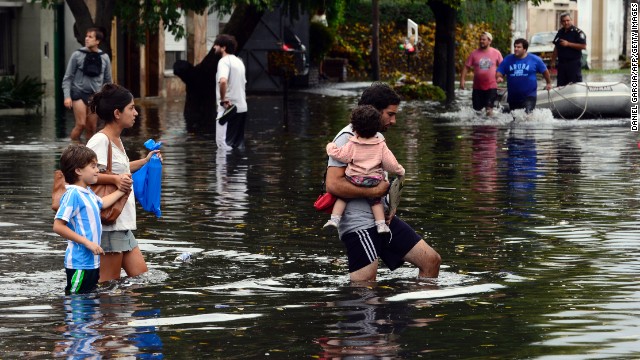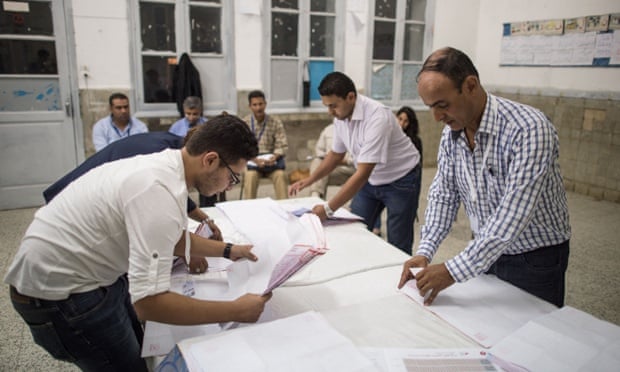By Delisa Morris,
Impunity Watch Reporter, South America
QUITO, Ecuador–President Rafael Correa highlighted and appreciated advances in gender equality on Wednesday, acknowledging the recently released World Economic Forum report, Global Gender Gap for 2014.

“Finally, gender justice in the country,” said President Correa via his Twitter account. Ecuador currently stands as the second most equal country in Latin America, following Nicaragua, which ranks as the 6th most equal country in the world.
The report ranked Ecuador at 21 for global gender equality. Iceland was found to be the most equal, followed by Finland, Norway, Sweden and Denmark.
On a scale of 0.00 of inequality to 1.00 of complete equality, Ecuador obtained an overall score of 0.745. This ranking takes into account the four distinct categories of: economic participation and opportunity, educational attainment, health and survival, and political empowerment. Ecuador scored above average in all areas.
Factors include wage equality, labor force participation, literacy rate, enrollment in primary education, healthy life expectancy and number of women in ministerial positions.
Females play a strong role in Ecuador’s political life, standing at 29 percent inclusion. Currently the ministers of Justice, Social Inclusion, Health, Transport and Public Works, the Coordinating Minister of Social Development, President of the National Assembly and the two Vice Presidents of the National Assembly are positions held by women in Ecuador.
In the area of education, women obtained ratings surpassing men. Enrollment in primary education stood at 1.01, secondary education at 1.03 and tertiary education 1.15. The total score for women in the category of educational attainment stood at 0.996, as literacy rate is at 0.098. The average for all sampled countries for educational attainment stands at 0.935, therefore Ecuador was above average.
The World Economic Forum has been publishing reports on gender equality since 2006. The company reports on gender equality in 142 nations around the world.
Ecuador’s current standing sharply contrasts with its standing at 82 in 2006. Following the election of President Correa in 2007, Ecuador’s ranking dropped drastically to 44.
The Global Gender Gap Report seeks to represent the gender based disparities which are found worldwide. The country rankings are provided to provide comparison and create awareness of the gender gaps existing in today’s world, and the opportunities that could be generated through greater female inclusion.
Through the study, the correlation between female inclusion and the long term economic competitiveness of countries is tracked to devise mechanisms to reduce the gender gap. Currently, the gender gap for economic participation worldwide stands at 60 percent.
Cuba followed Ecuador with a ranking at 30, Argentina (31), Peru at (45), Panama (46), Chile (66), Brazil (71), Mexico (80), Venezuela (86), and Guatemala (89).
For more information, please see:
telesur – Strides in Gender Equality Recognized in Ecuador – 29 Oct. 2014
World Economic Forum – Top 10 most gender equal countries in Latin America and the Caribbean – 28 Oct. 2014
Buenos Aires Herald – Country is strong in gender equality index – 29 Oct. 2014
telesur – Cuba, Nicaragua and Ecuador Among World’s Best for Women Representation – 28 Oct. 2014



